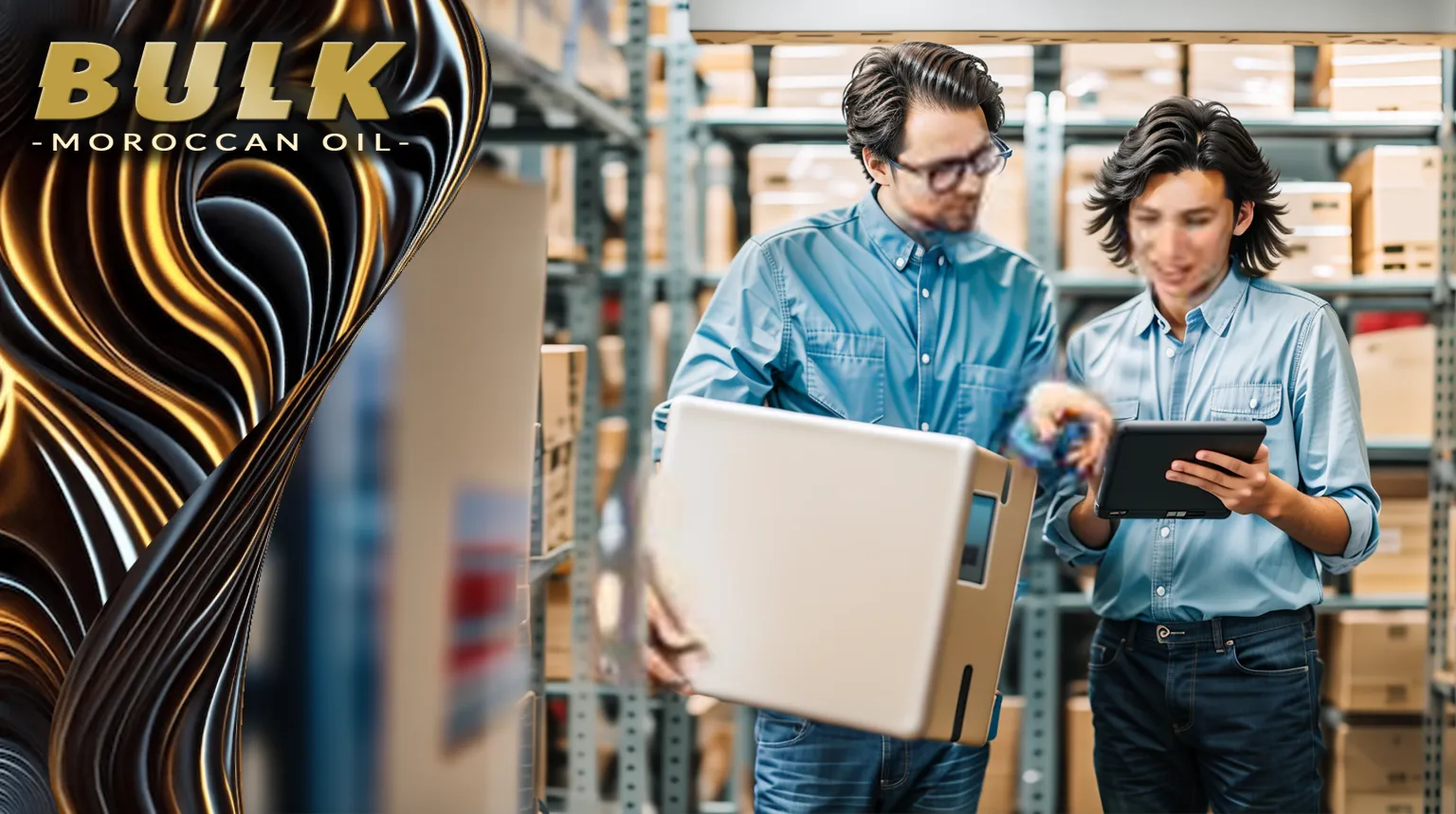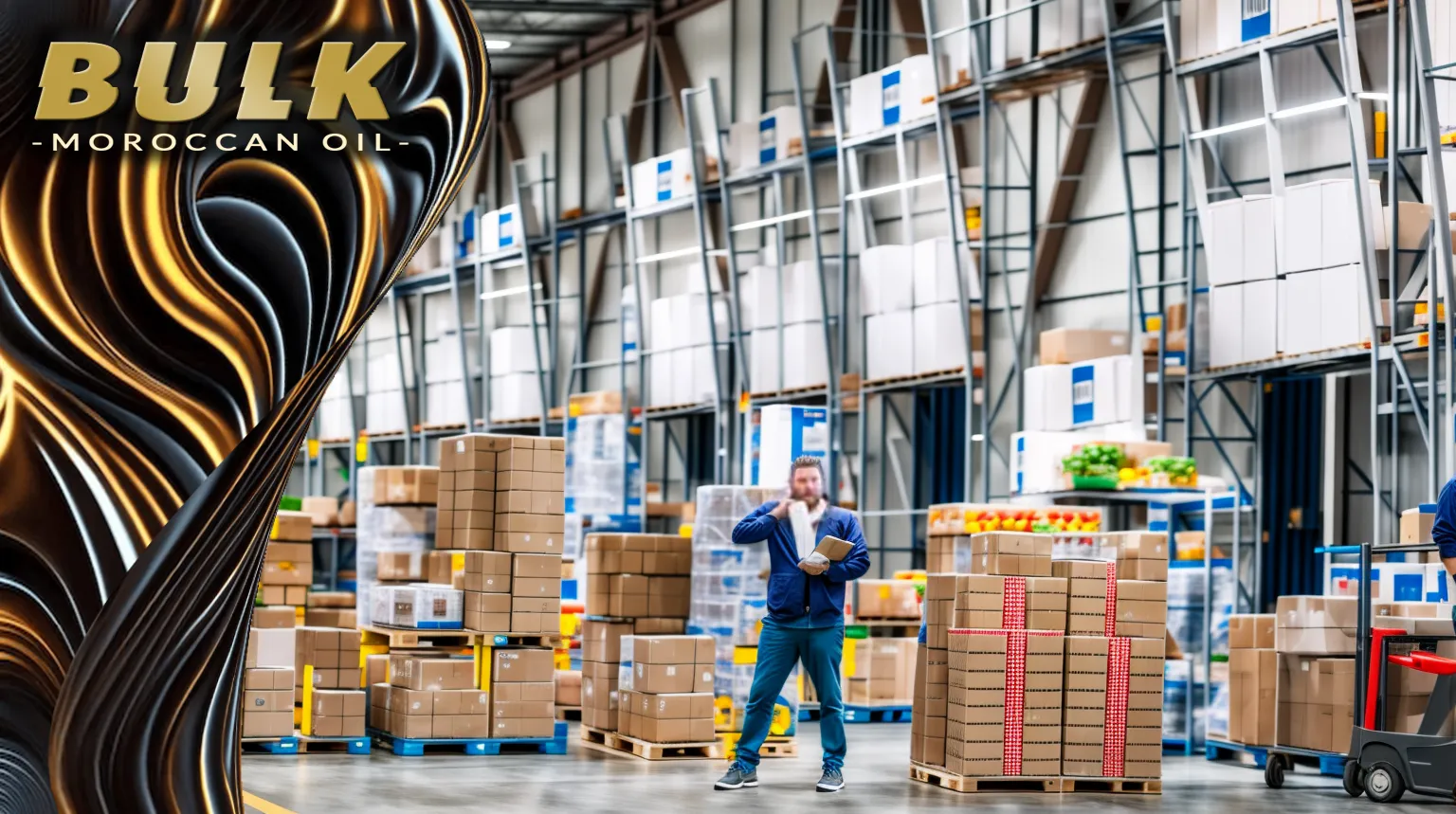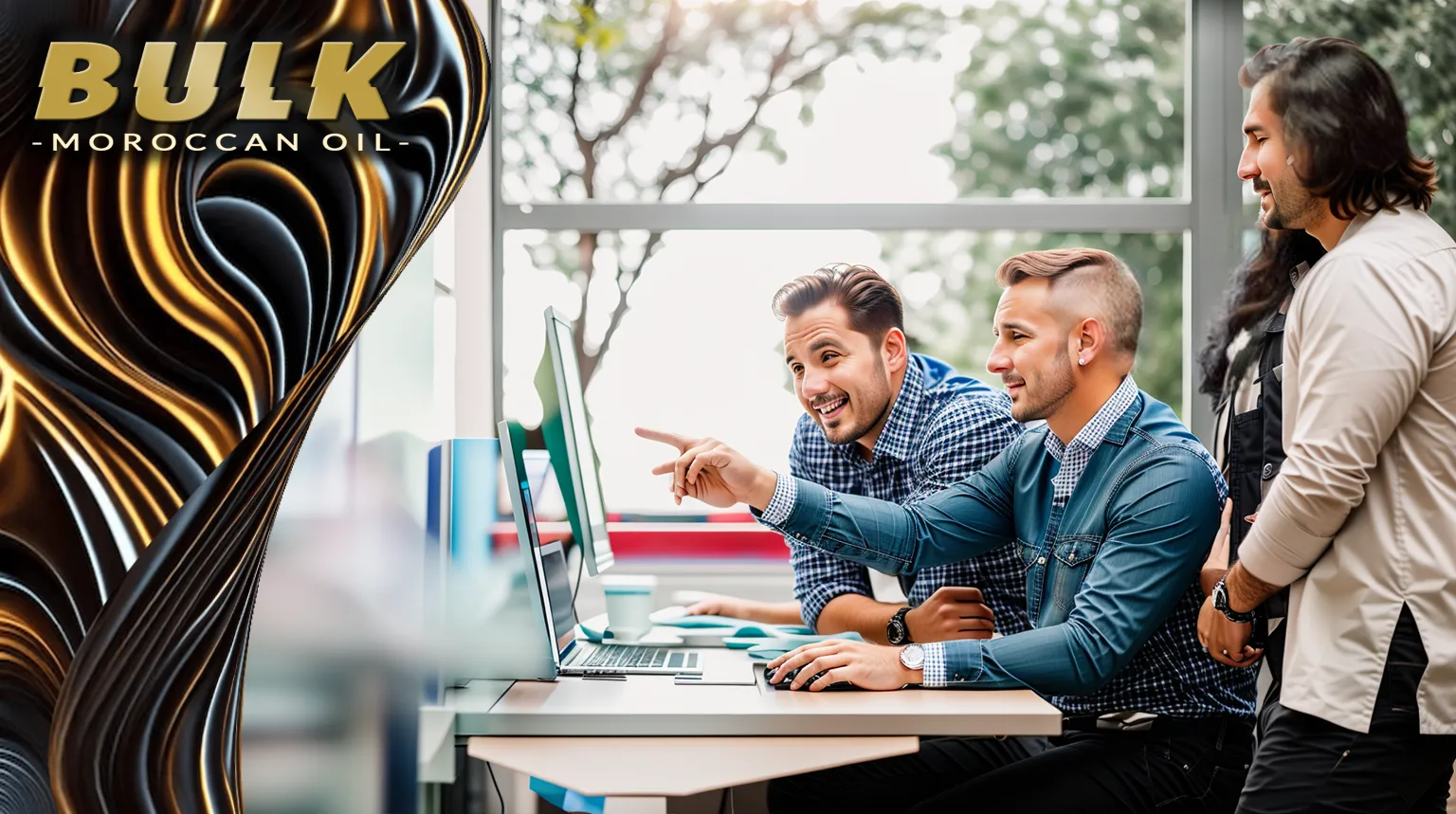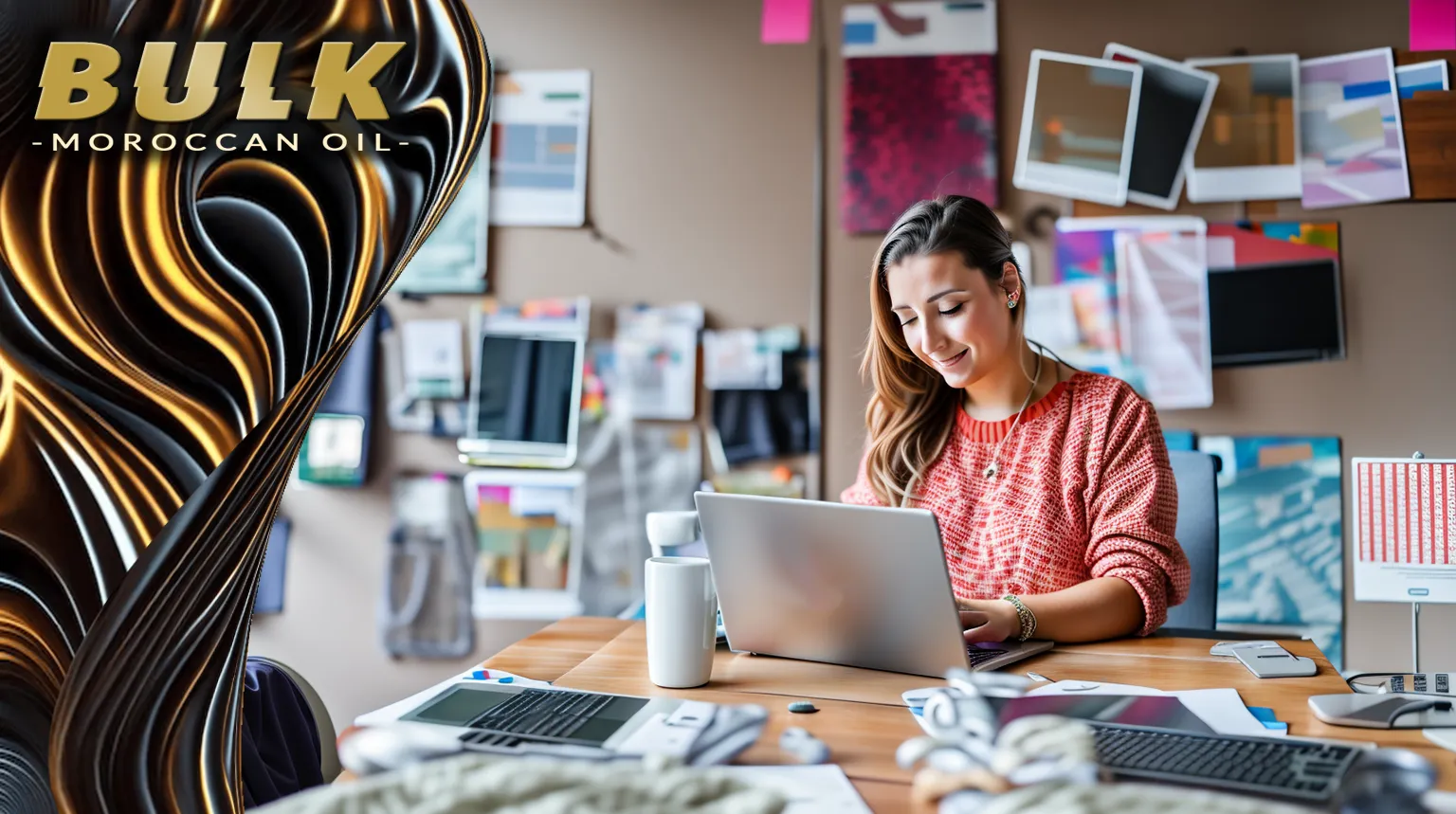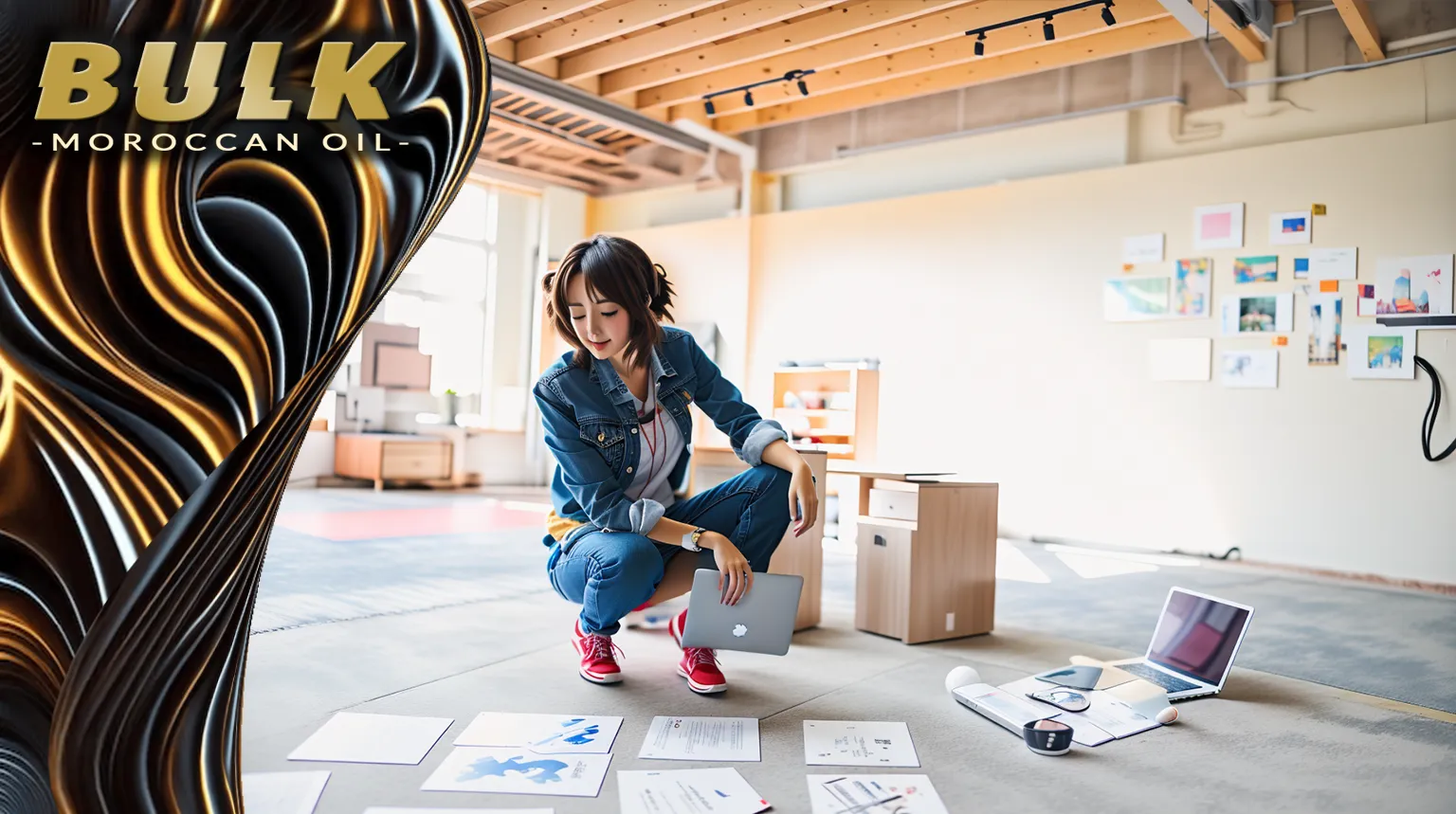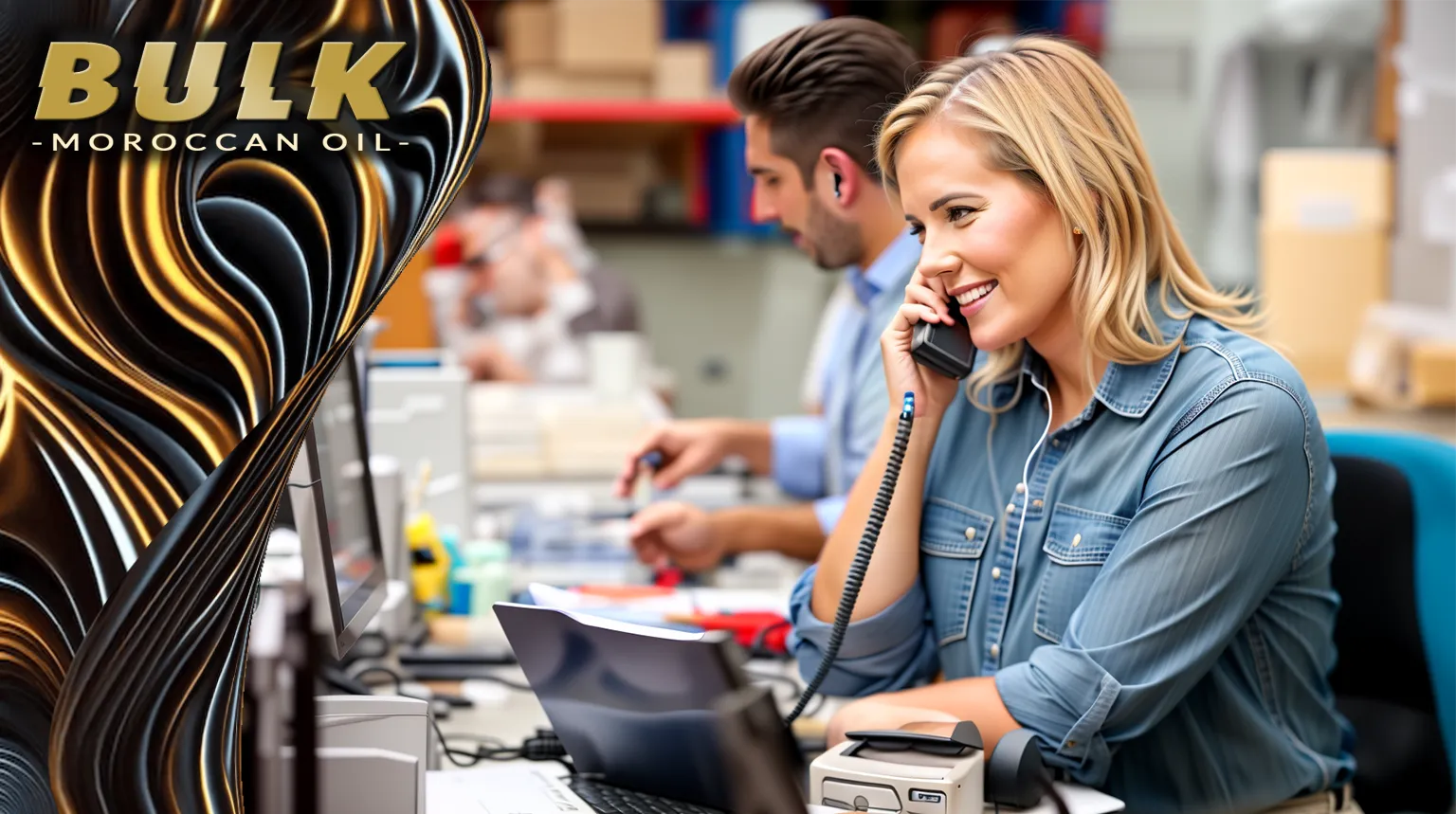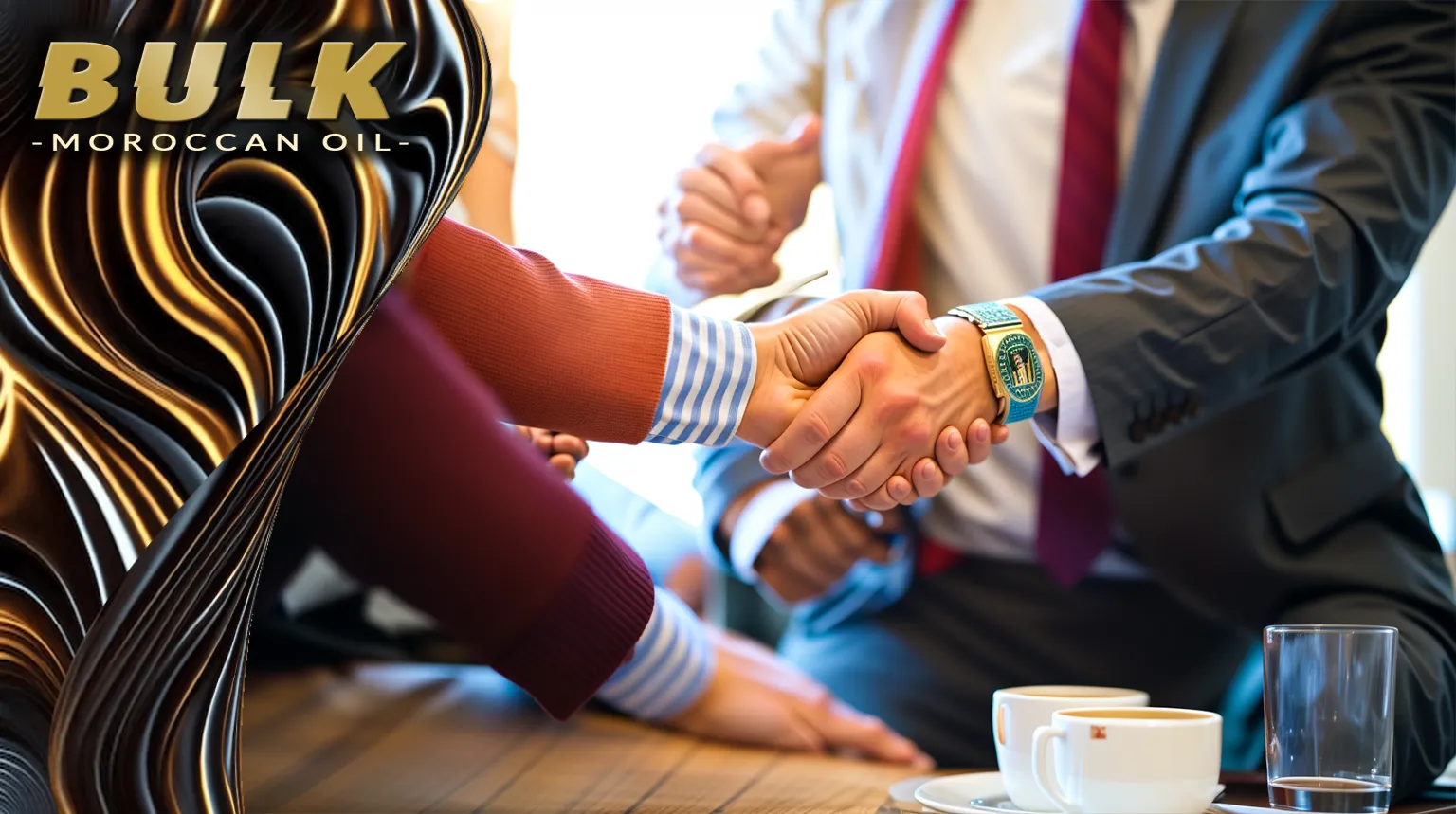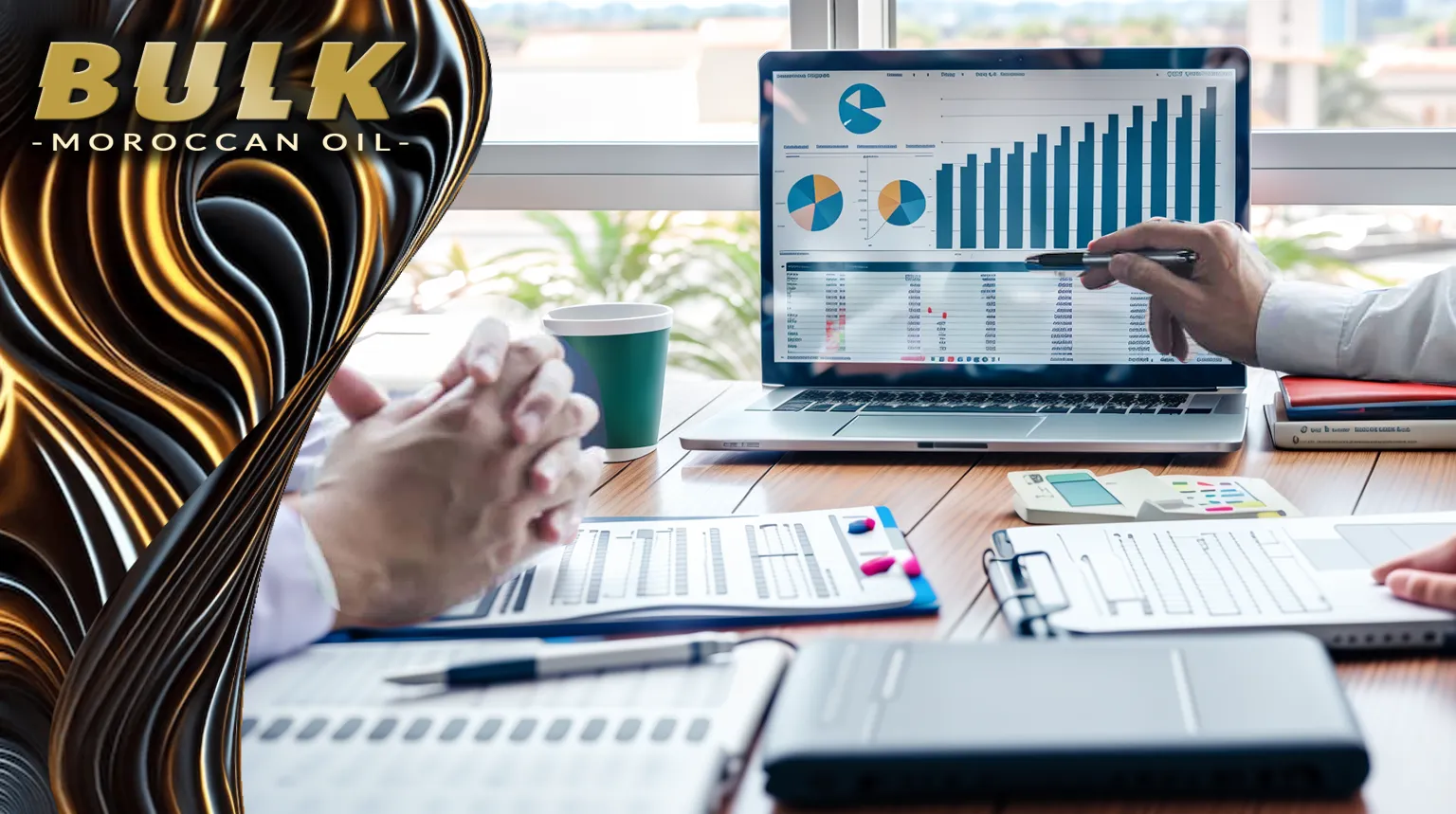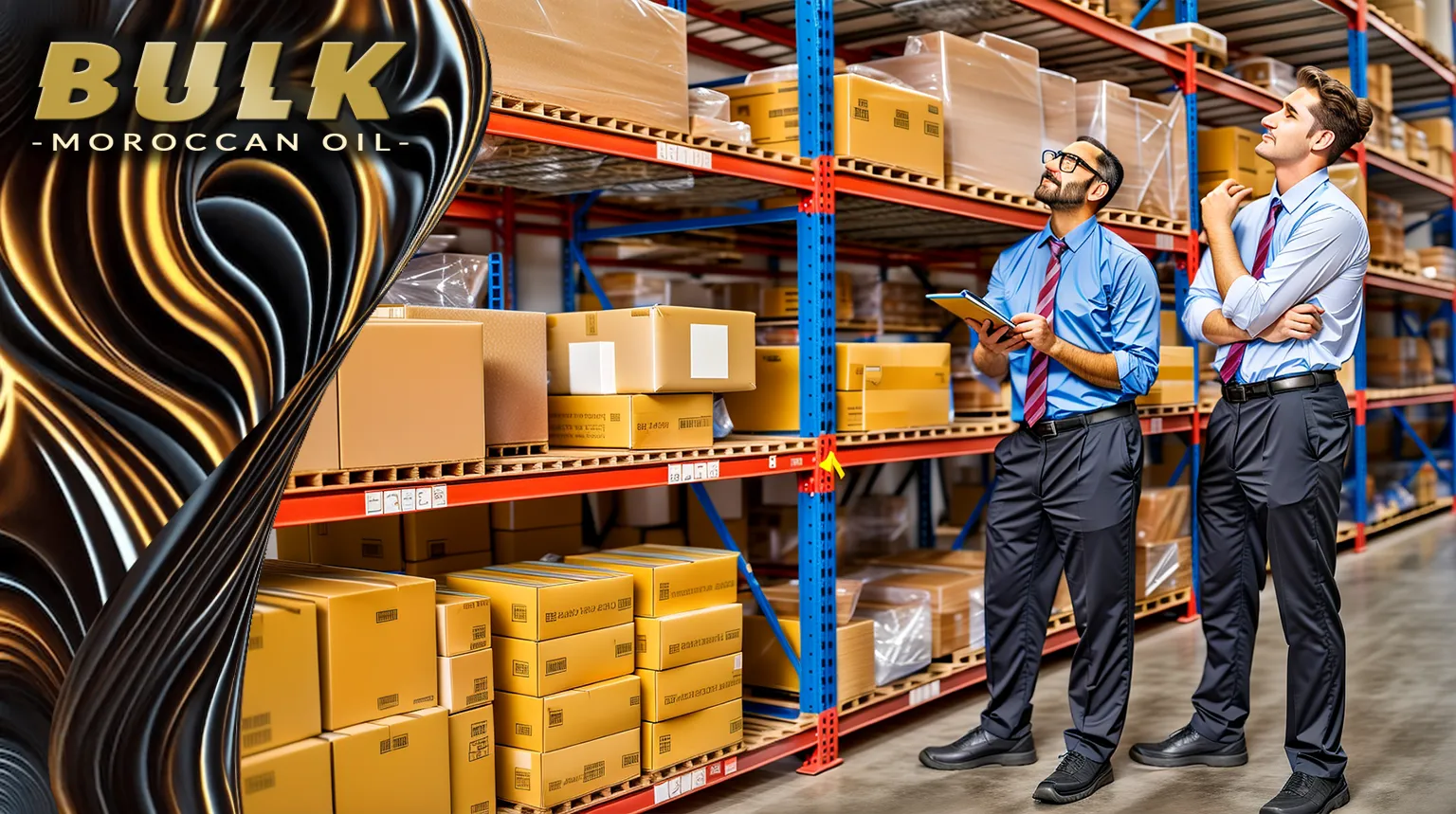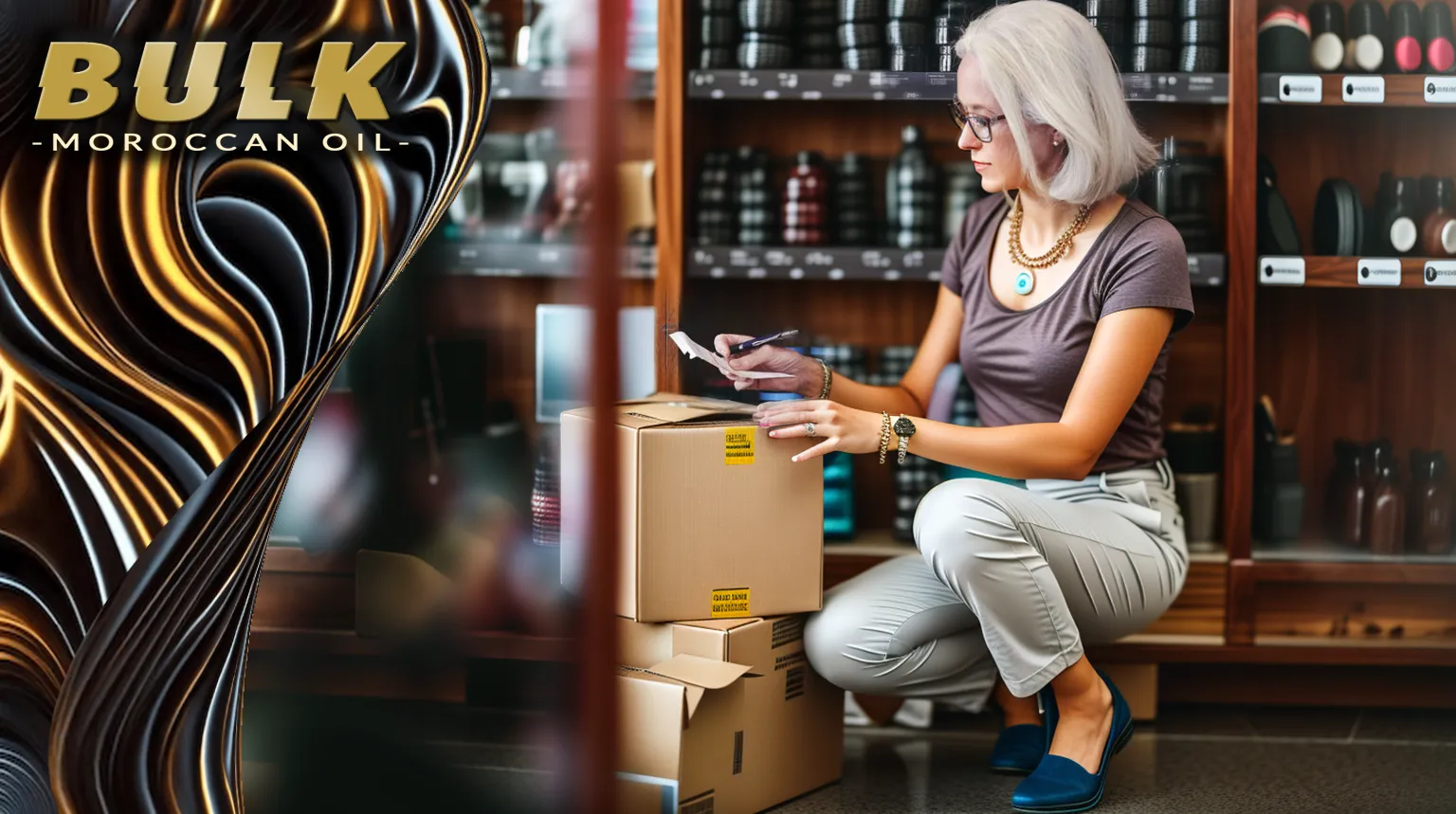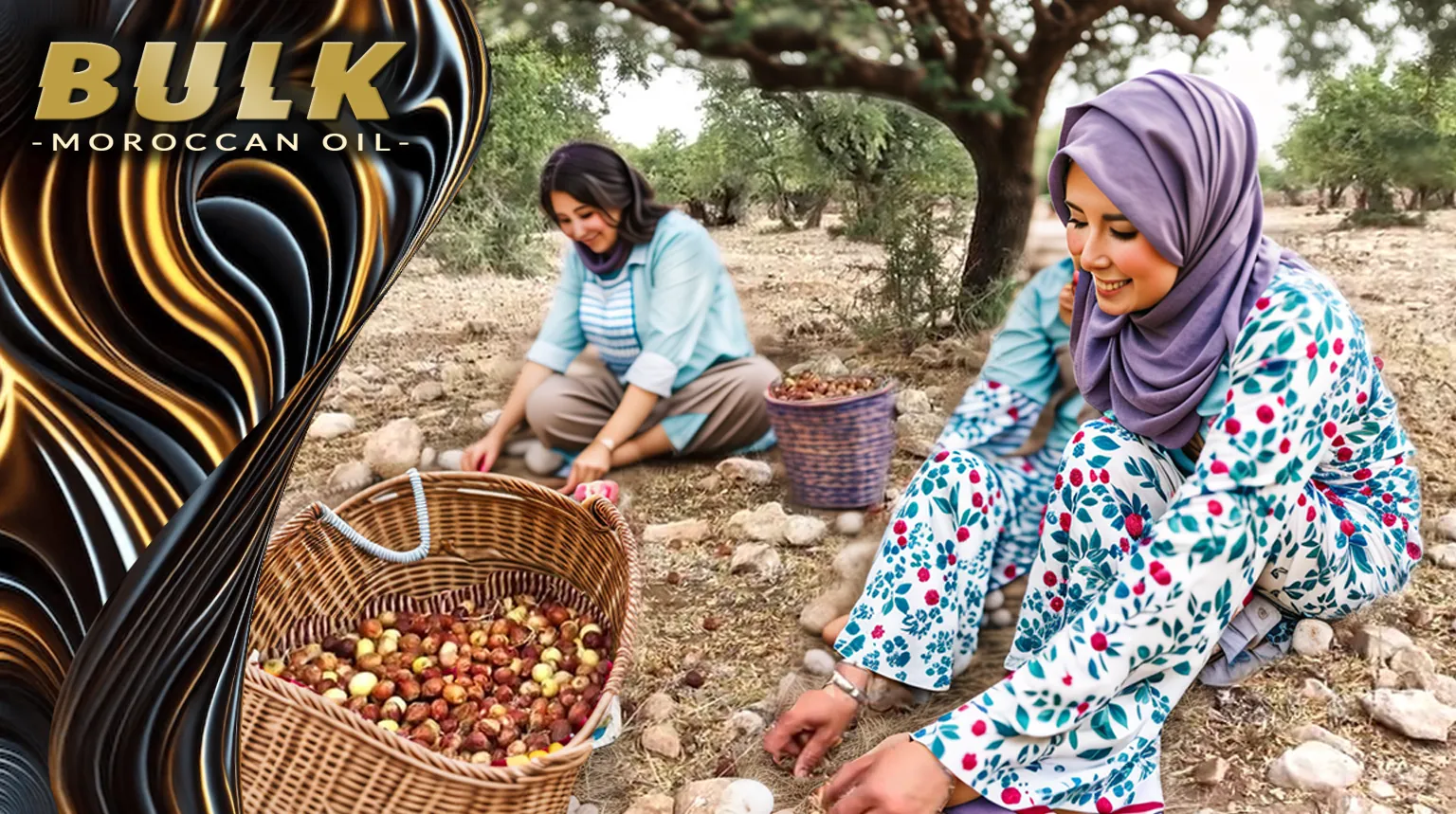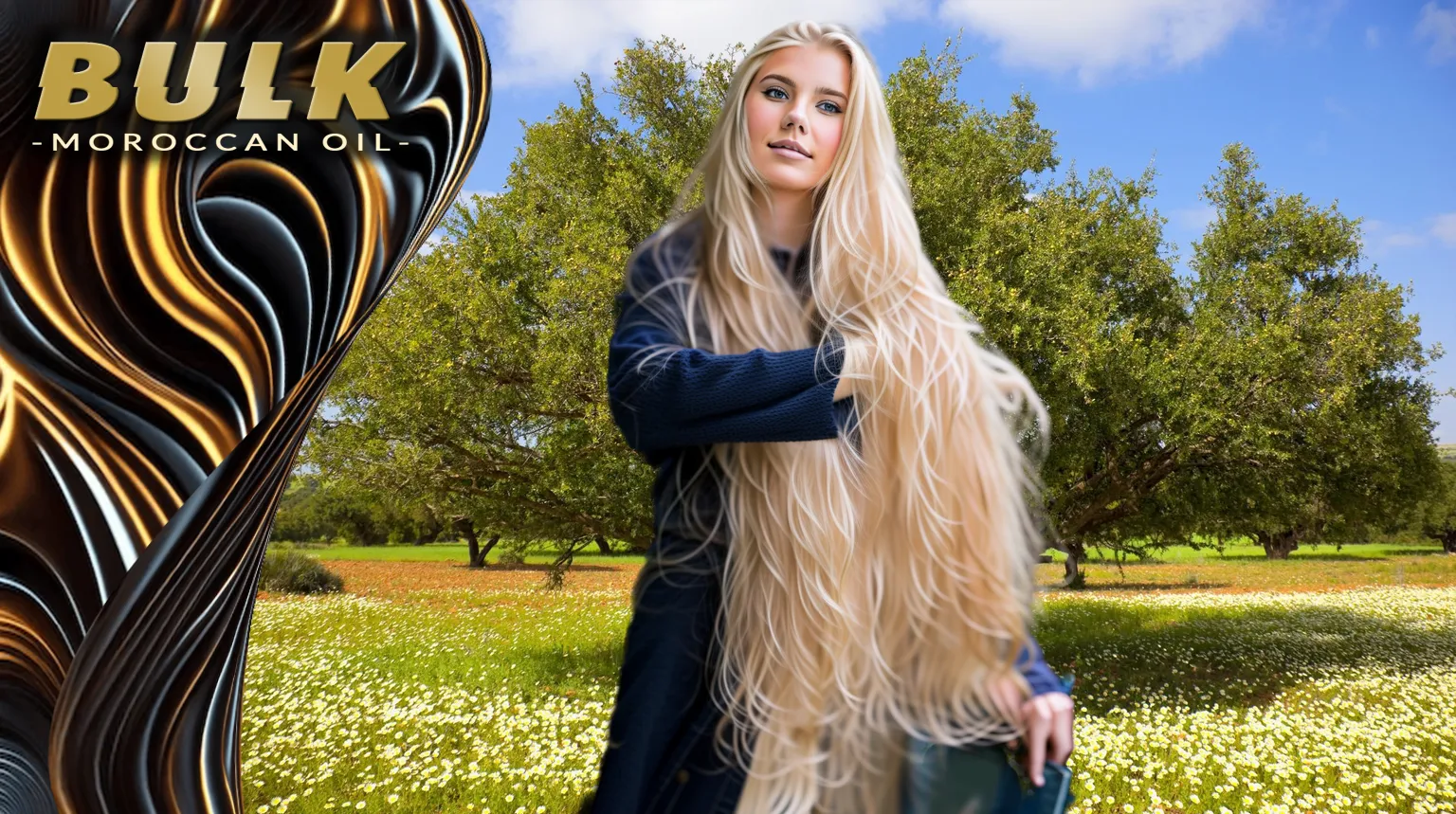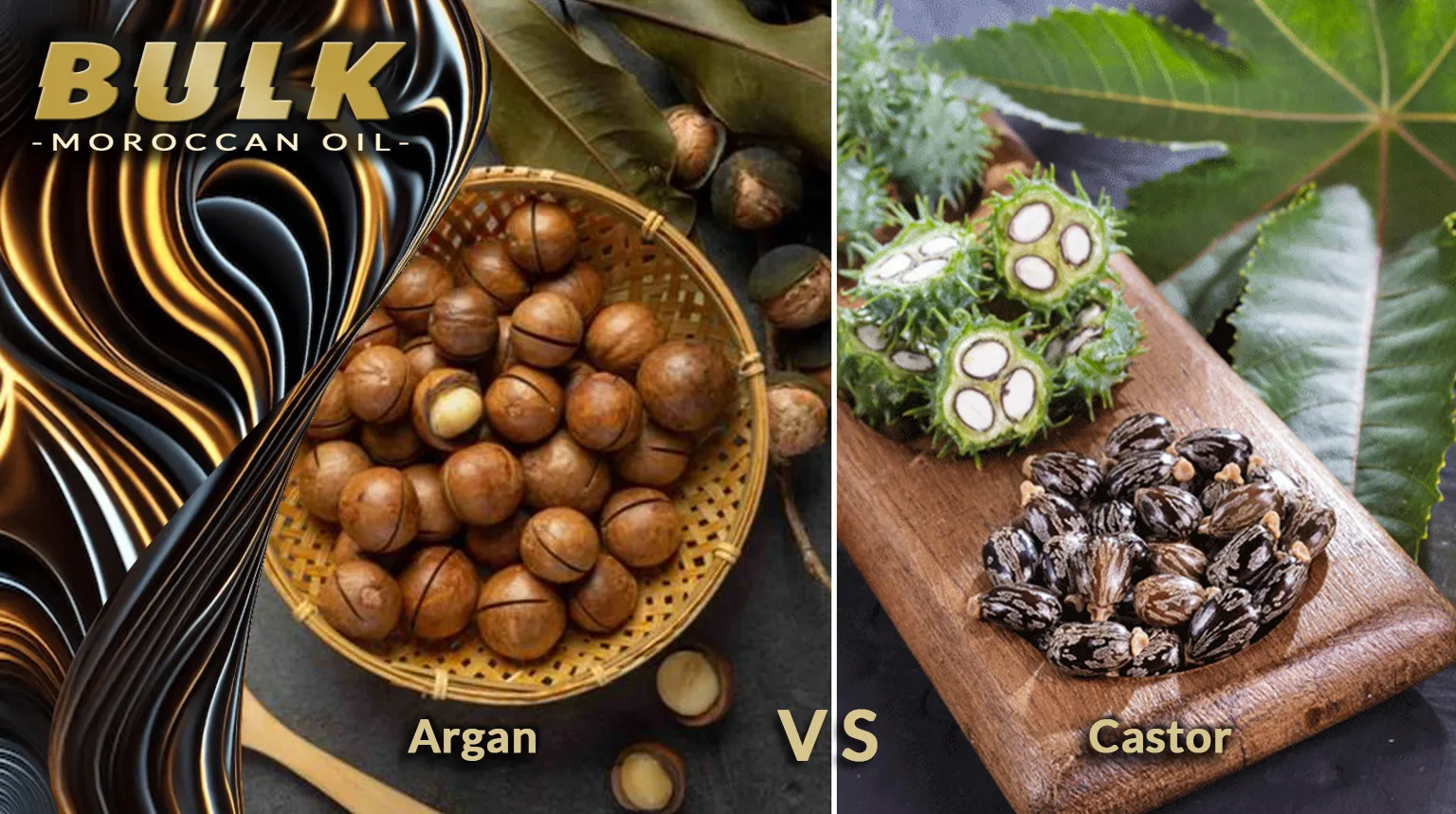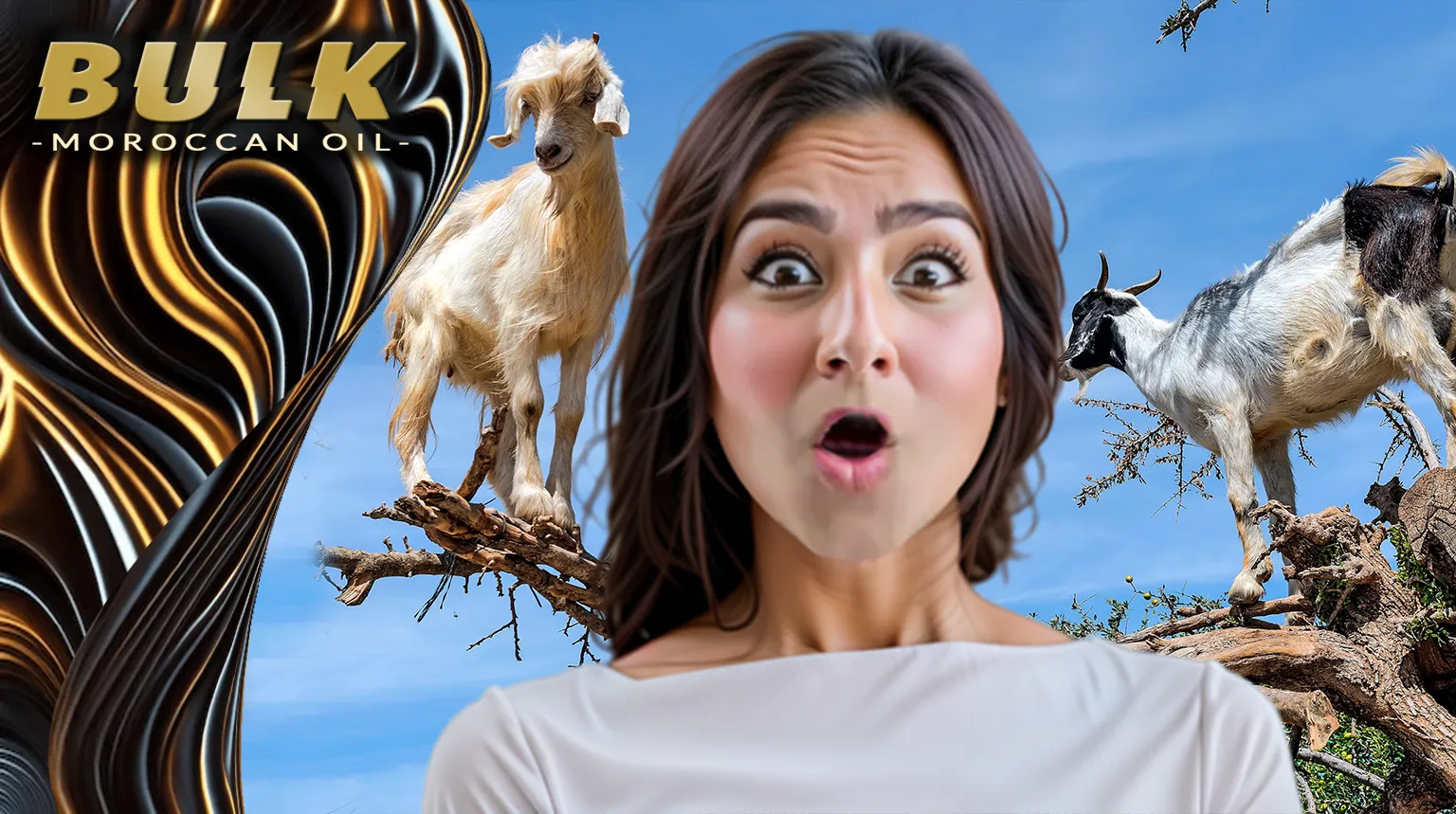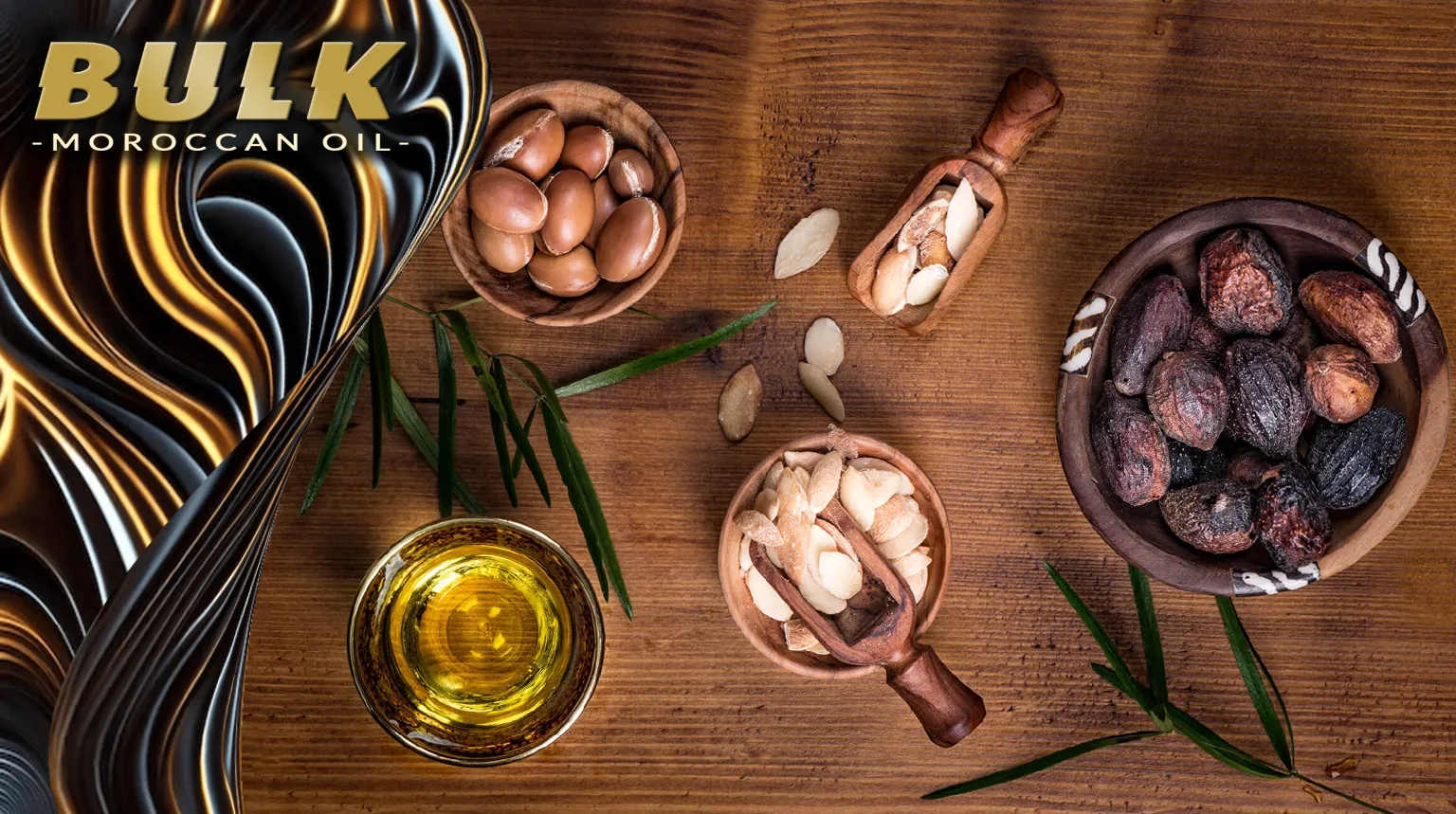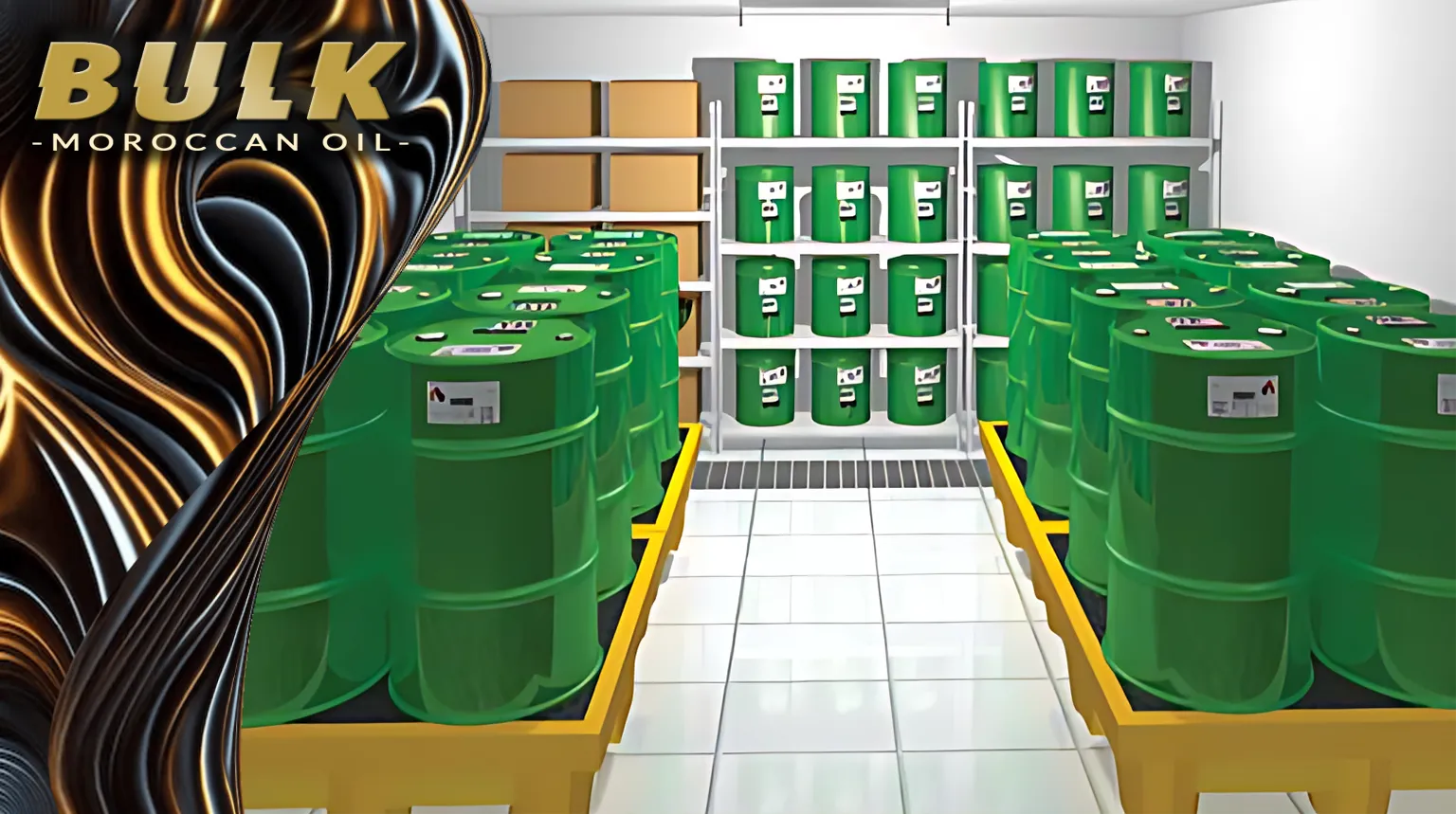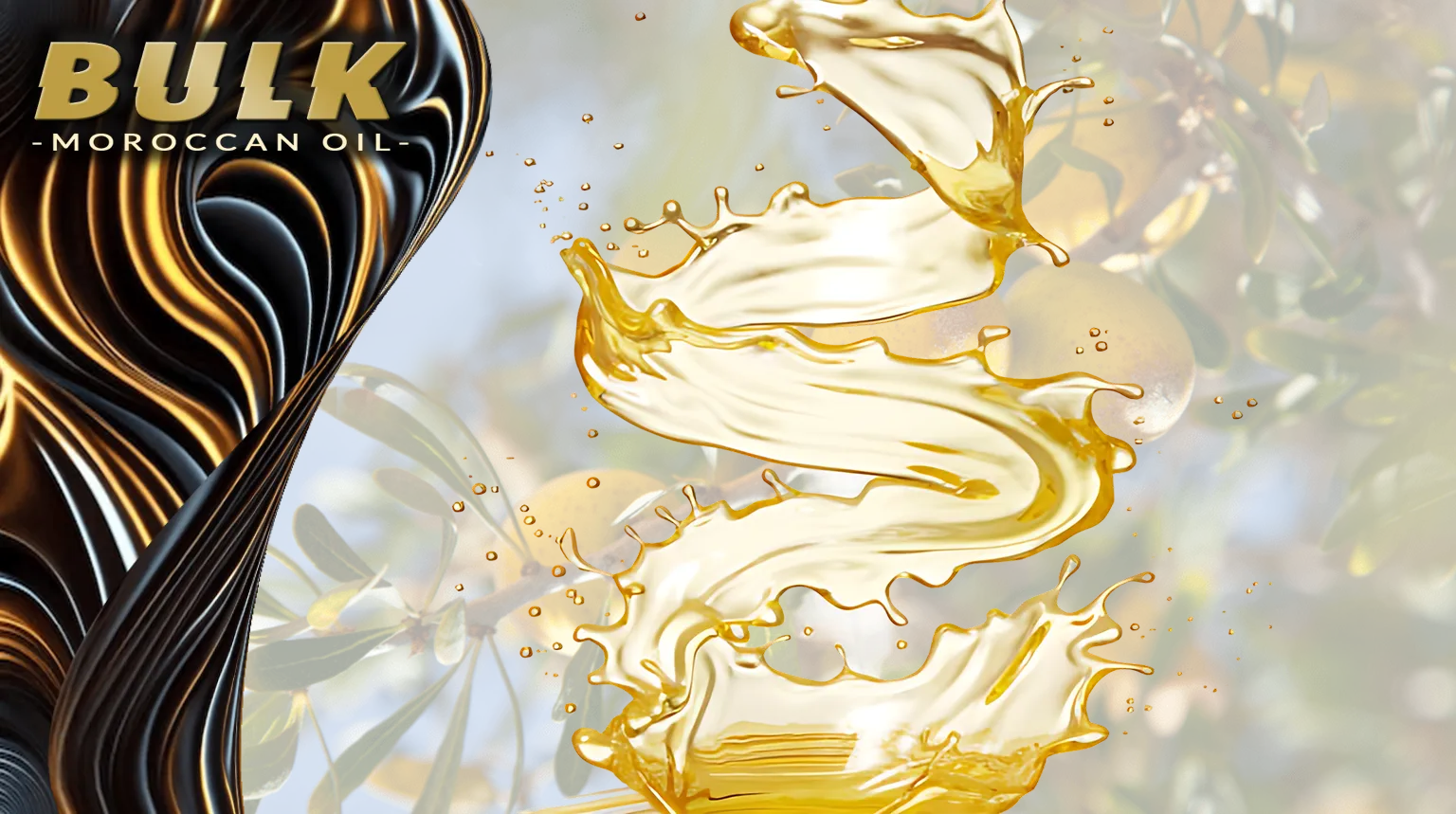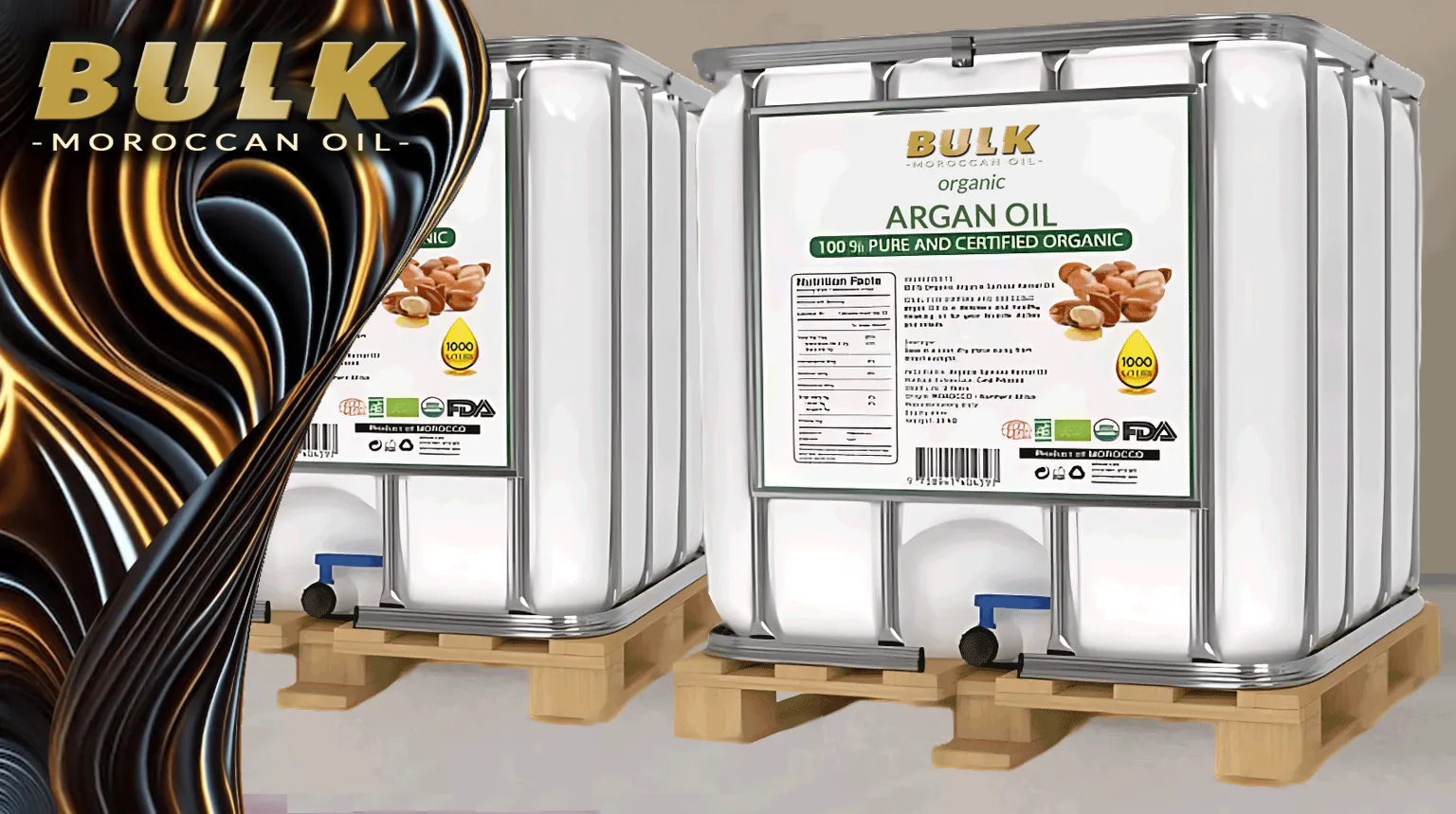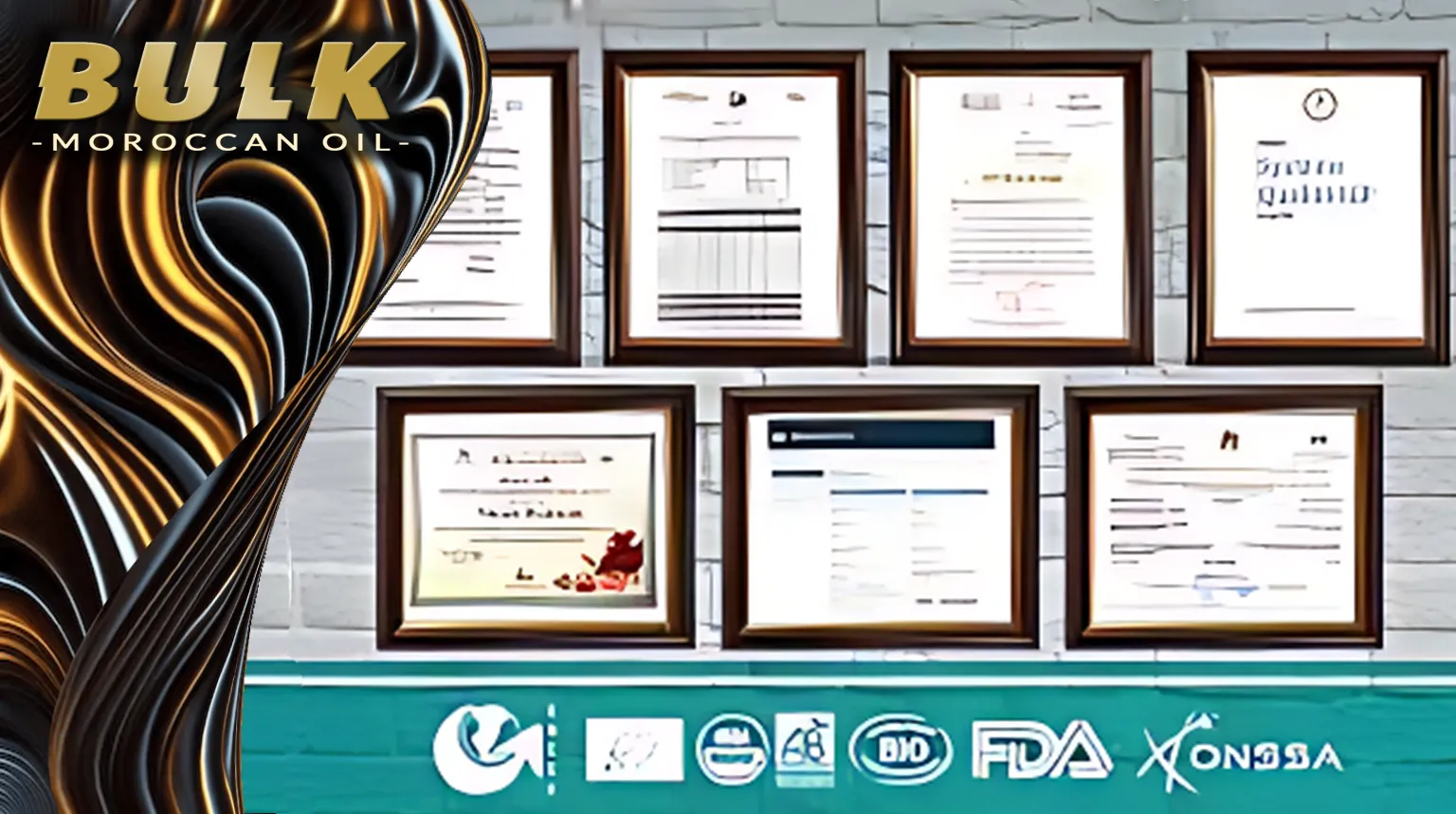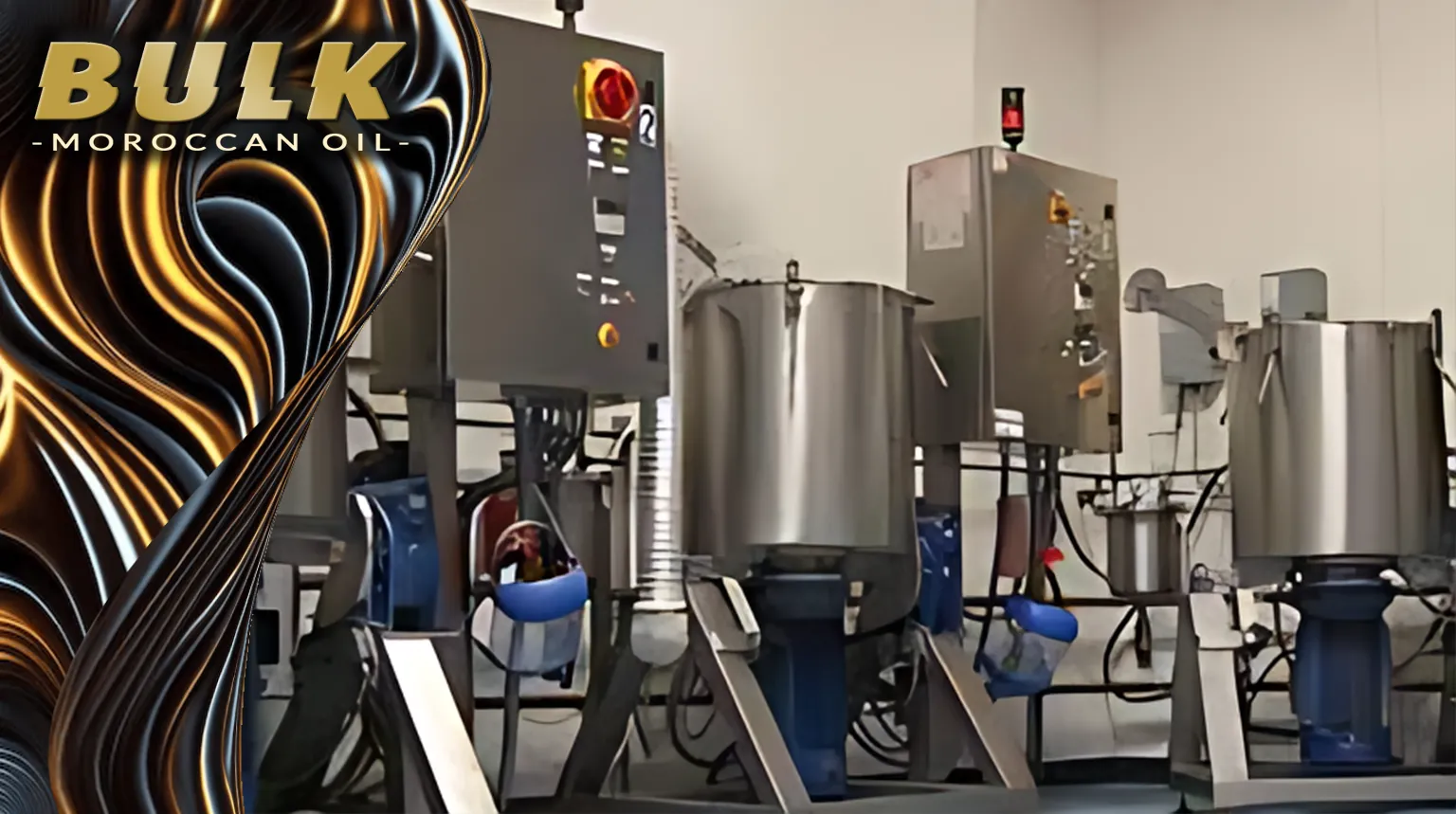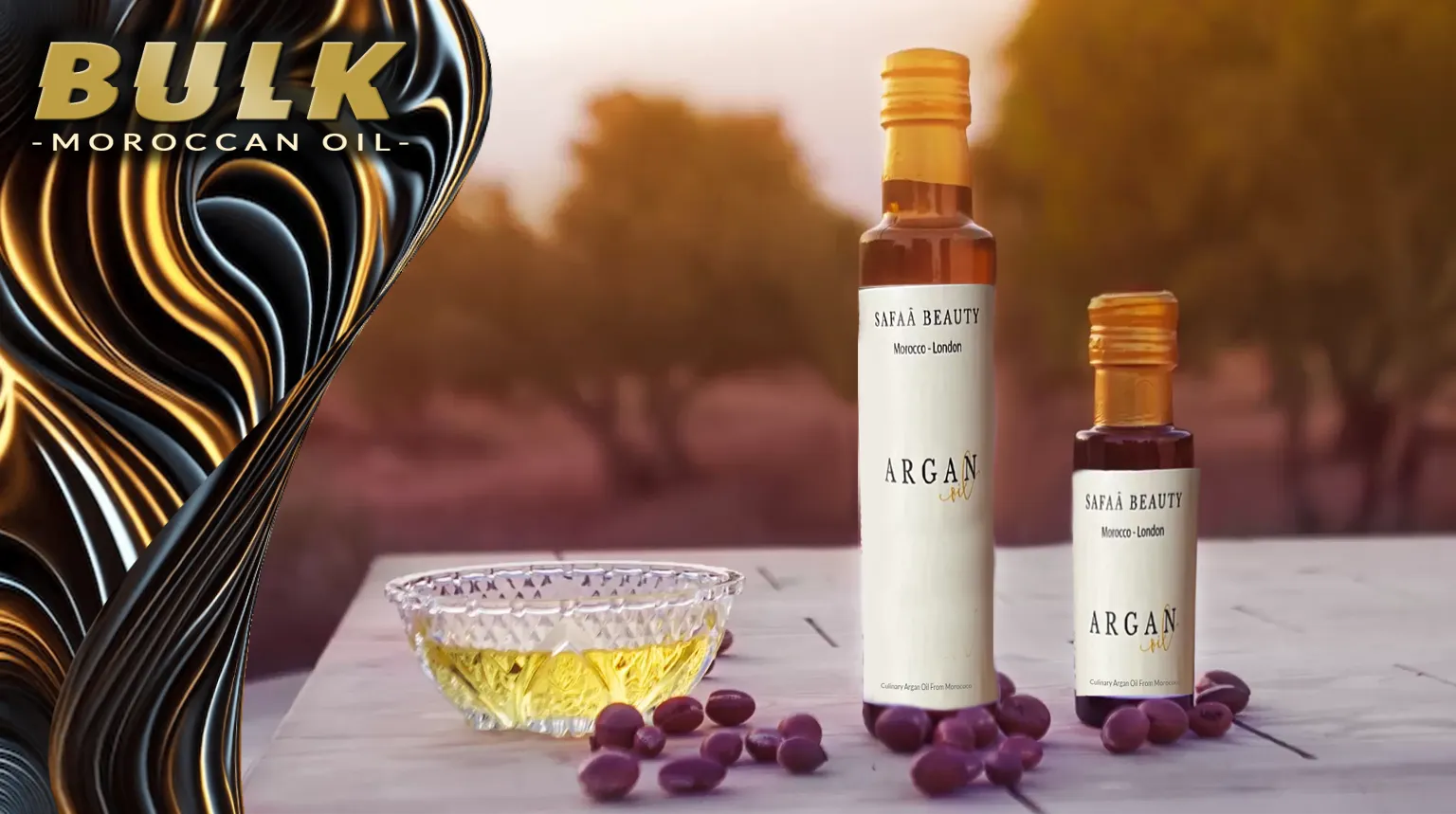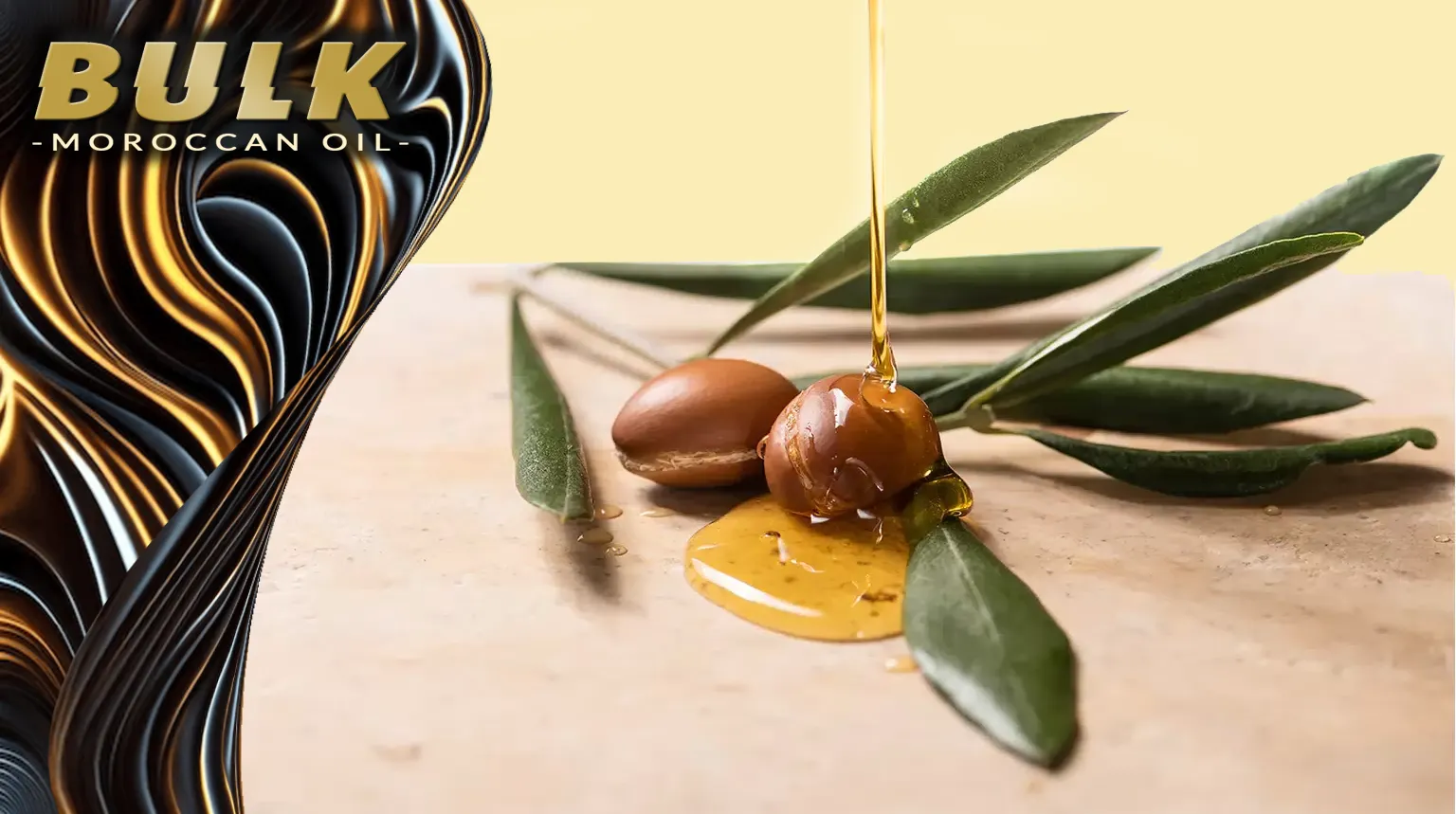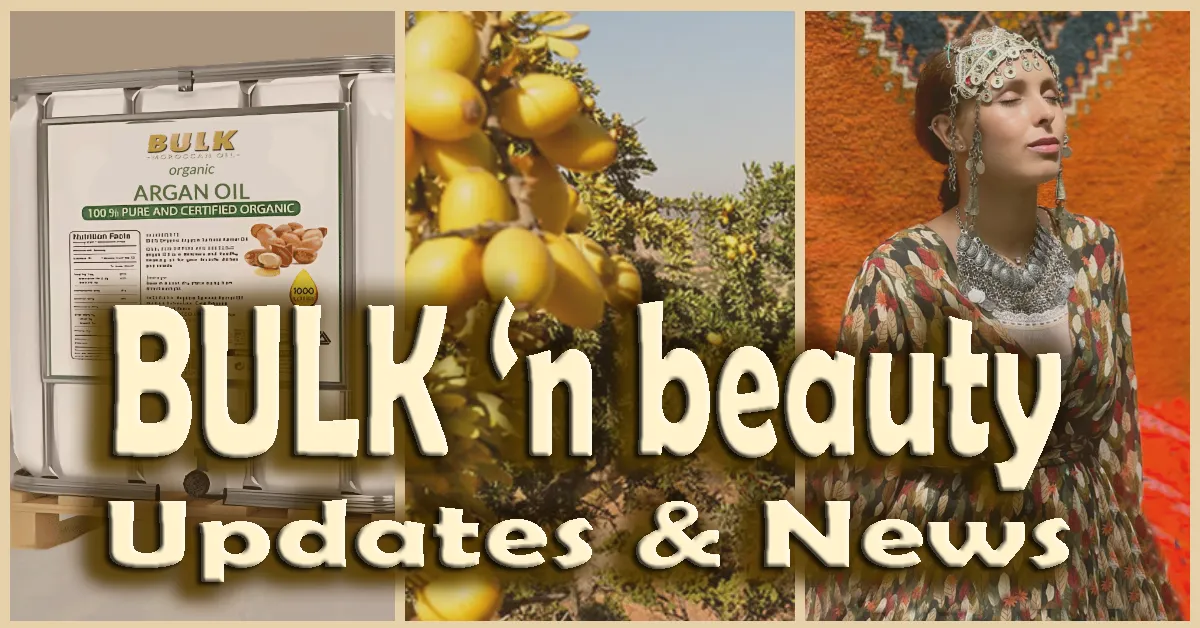Why 8 out of 10 Argan Brands Lie
Let’s start with a simple moment. A woman walks into a high-end beauty store in Paris. She’s holding a bottle labeled “100% Pure Argan Oil.” It’s sleek. Elegant. Expensive. She buys it, thinking she’s chosen gold.
What she doesn’t know is this: it’s probably not what it claims to be.
And she’s not alone.
The argan oil industry has been glamorized into a beauty buzzword. But behind the branding lies a truth that few want to talk about. A truth that smells a little off, feels a little too slick, and leaves behind more damage than glow.
This piece isn’t about fear. It’s about clarity. It’s about pulling back the curtain and letting light flood in.
The Lie of Purity
“100% Pure.” It’s the go-to label. But here’s what most buyers don’t know: purity isn’t regulated in most countries. There’s no enforcement. No testing. No accountability.
That means a brand can legally sell you a blend of argan oil with sunflower oil, preservatives, and fragrance — and still call it “pure.”
Why? Because it looks like argan. Because it smells like something pleasant. Because most people don’t know what the real thing feels like.
And that’s not just misleading. It’s manipulation.
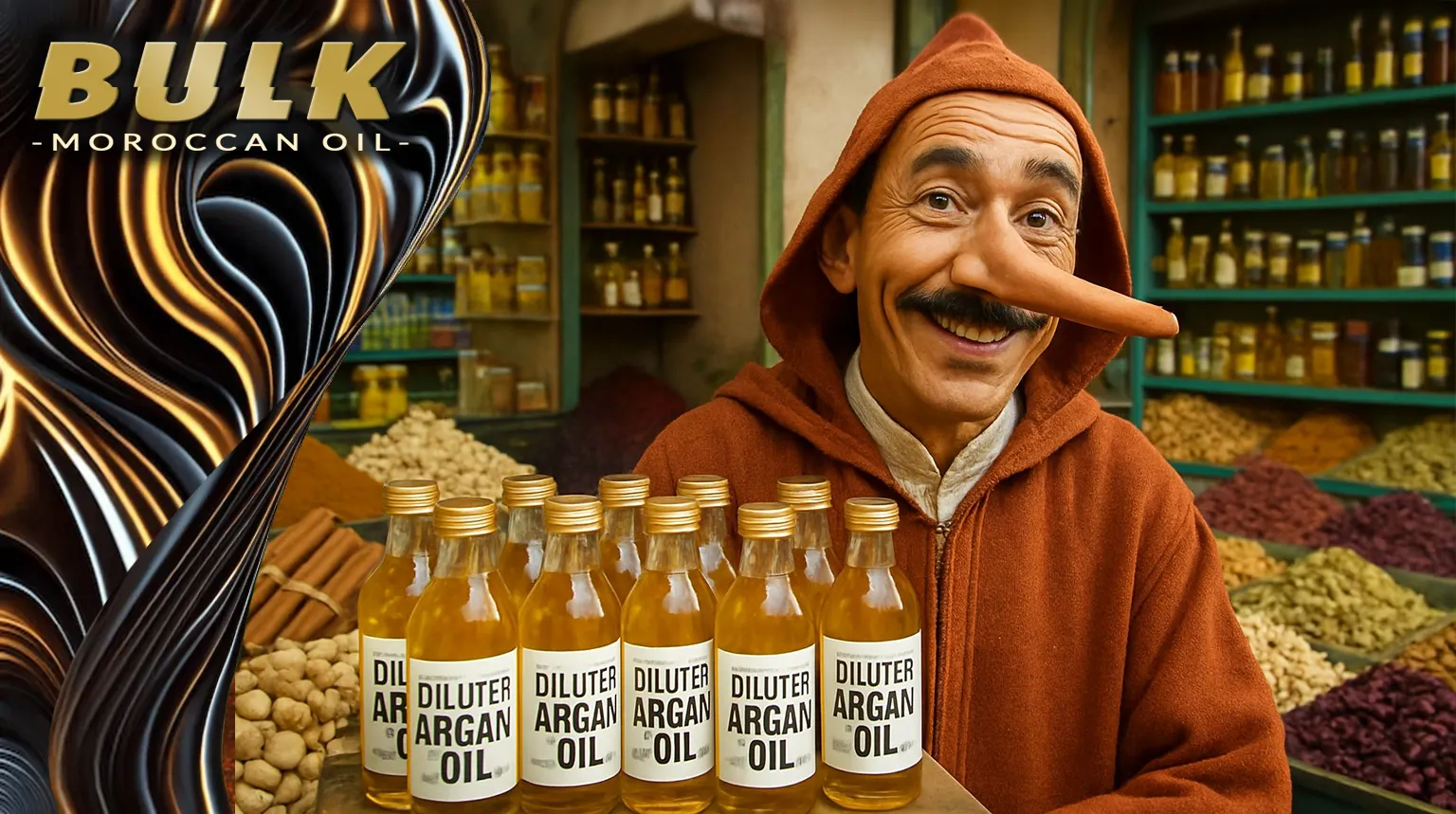
Fake Marketing Claim #1: “Cold-Pressed and Deodorized”
Let’s get this straight. Deodorized argan oil is not cold-pressed in the way you think.
To deodorize oil, it must be heated to high temperatures. That strips the smell — and the nutrients.
Real cold-pressed argan oil smells slightly nutty, earthy, even a bit raw. It’s not perfume. It’s alive.
The Dilution Game
Most commercial brands dilute argan oil with cheaper carrier oils. Why? Because argan is expensive to produce. It takes about 30 kilograms of fruit to make one liter.
So when you see a big bottle of “argan shampoo” or “argan serum” for under ten euros — you’re not getting argan. You’re getting marketing.
A Moroccan lab analyst once told us:
"Some of these ‘argan’ products have less than 5% actual argan oil. Sometimes none at all."
The Origin Illusion
Some brands slap “Moroccan” on the label and call it authentic. But that doesn’t mean the oil was sourced, produced, or even touched Moroccan soil.
Many buy in bulk from large industrial presses that mix untraceable oil from various countries. No fair trade, no cooperatives, no real connection to the culture or land.
A female cooperative leader in Taroudant once said:
“They use our name, but they don’t use our oil.”
And that cuts deeper than you think.
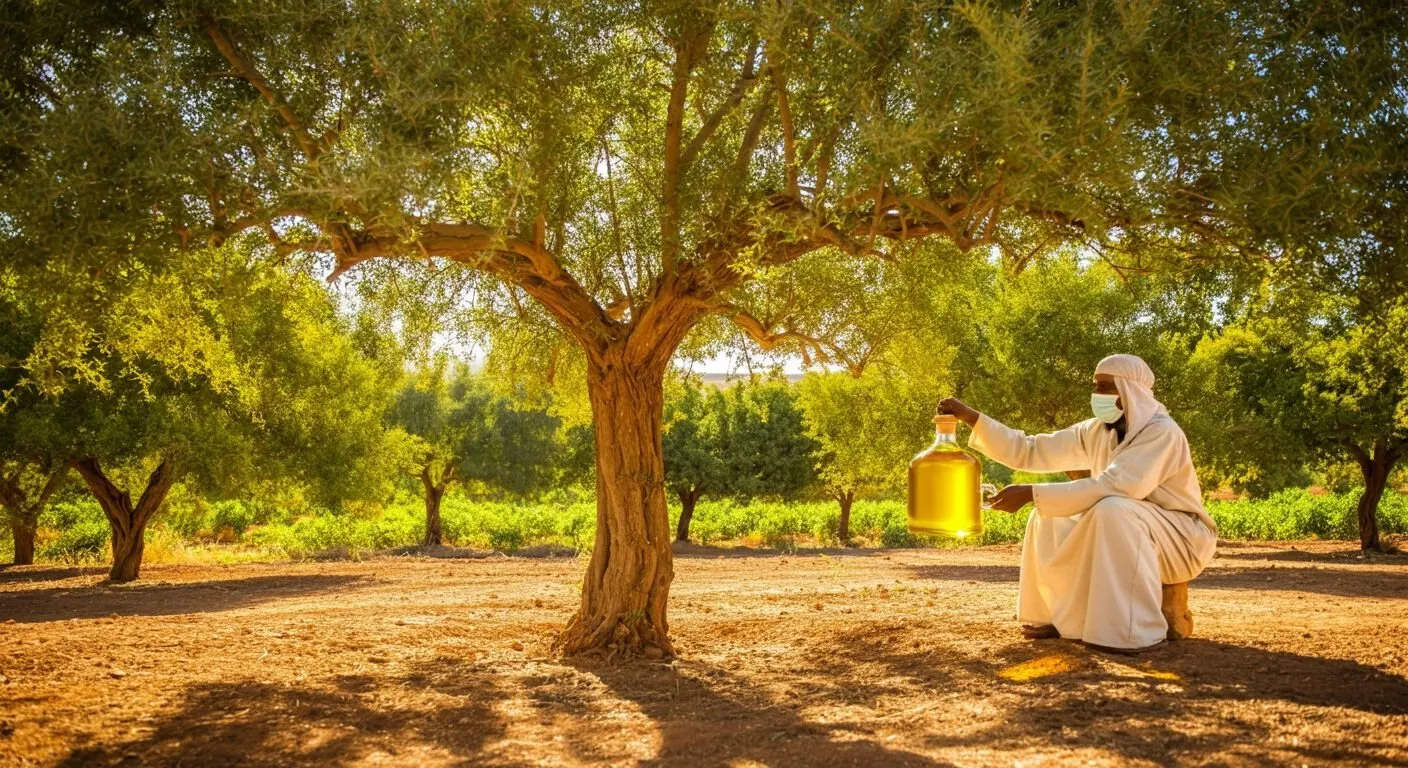
Fake Marketing Claim #2: “Certified Organic by Nature”
There is no such certification. Labels like “eco,” “natural,” “botanical,” or “organic-inspired” are not legal terms. They’re invented.
Unless the product is certified by a recognized body (like ECOCERT or USDA Organic), those words mean nothing.
The Scent Trap
If it smells like perfume, it’s probably processed. Real argan oil has a unique scent — not always pleasant, but always real.
Brands know customers like pretty smells. So they add artificial fragrance or deodorize the oil entirely. That strips not just the scent, but the antioxidants, fatty acids, and healing potential.
The Plastic Problem
Many brands store and ship argan oil in plastic. Even BPA-free plastic leaches microparticles, especially in heat.
Real argan oil deserves dark glass, not cheap plastic. Because real oil is sensitive. Alive. It reacts to light, air, and temperature.
Would you store gold in a ziplock bag?
Fake Marketing Claim #3: “Endorsed by Moroccan Tribes”
There is no central “tribal council” that endorses beauty brands. This is pure fiction — a fantasy spun to give exotic credibility.
If a brand makes vague claims like this without naming the cooperative or region, it’s marketing, not truth.
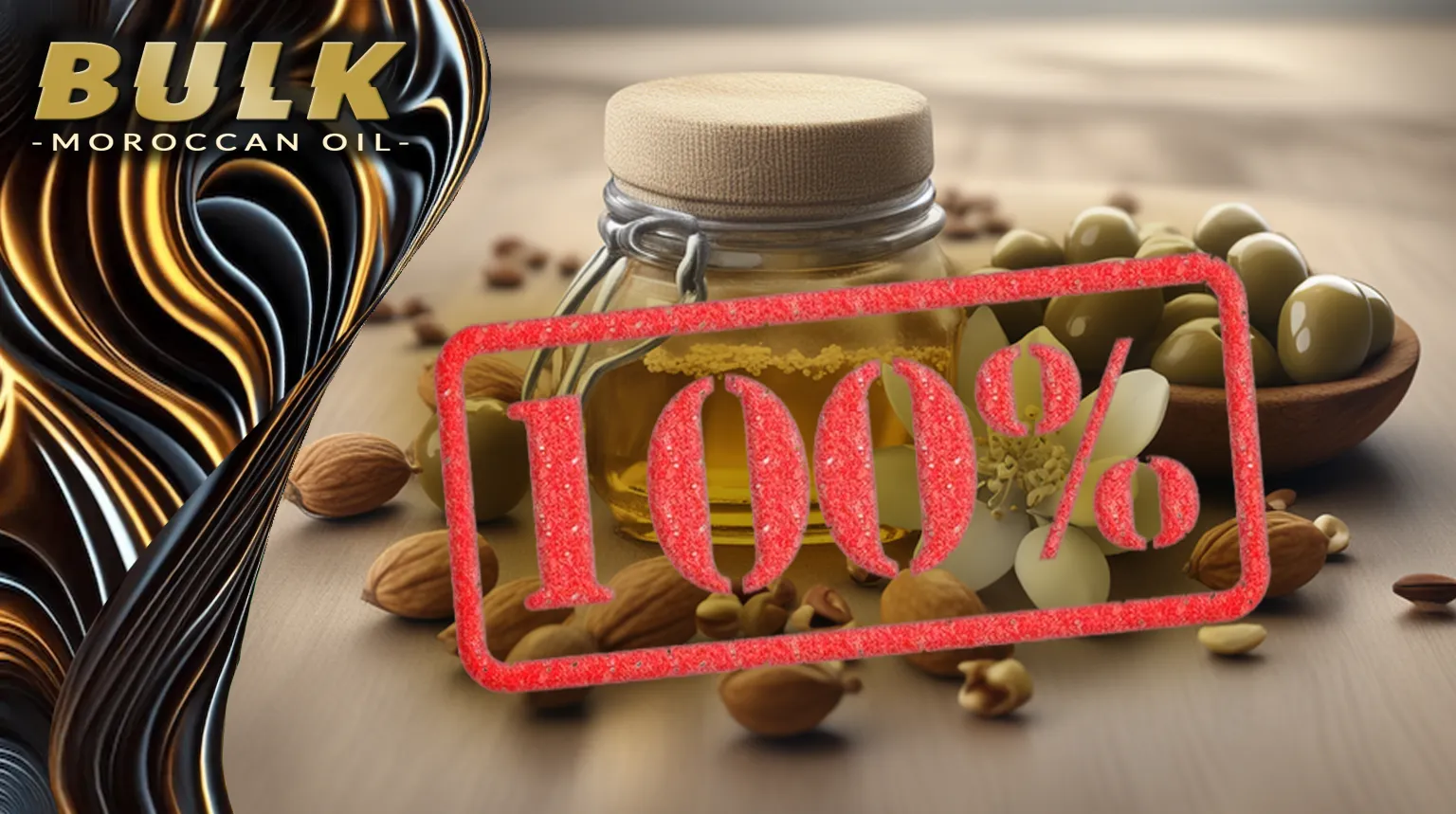
So What Is Real Argan Oil?
- It comes from a traceable source in Morocco, ideally through a cooperative.
- It’s cold-pressed, never refined or deodorized.
- It has a natural scent, earthy and slightly nutty.
- It’s stored in dark glass, away from light and heat.
- It’s usually expensive. Because real things cost real money.
And when you apply it, it doesn’t feel greasy. It feels nourishing. Like something your skin knows.
The Metaphor
Argan oil is called “liquid gold.” But in the wrong hands, it’s become a gold rush. And in gold rushes, people get greedy. Corners get cut. Truth gets buried.
We’re here to dig it up.
A Quiet Mention
At BULK Moroccan Oil, we don’t try to impress. We stay close to the source. We work with real producers, not middlemen. We bottle in dark glass. We test every batch. We don’t deodorize, dilute, or dramatize.
We just offer the real thing. Because that’s enough.
The Buyer’s Checklist
Before you buy, ask:
- Is the oil cold-pressed and unrefined?
- Does it have a real scent or is it perfumed?
- Is it stored in dark glass?
- Can the brand trace its supply chain?
- Is the cooperative named?
- Does the price match the process?
You don’t have to be an expert. You just have to ask the right questions.
And when you find the real thing, you’ll know.
Because the truth always leaves a glow that fakes can’t fake.

